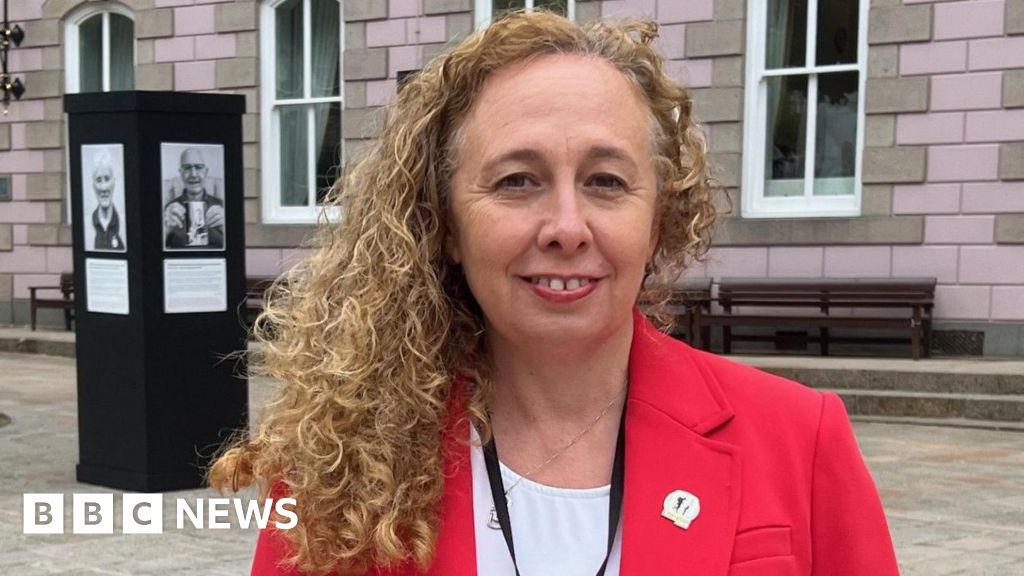Remote Arnhem Land Health Program Sees Promising Gains for First Nations Communities

In the vast and often isolated landscapes of Arnhem Land, a groundbreaking community-led health program is delivering hope and showing remarkable results for First Nations communities. For decades, remote Indigenous populations have faced disproportionately high rates of chronic diseases like diabetes, heart disease, and kidney failure – a stark contrast to the health outcomes of the broader Australian population. This innovative program isn't just about treating illness; it's about empowering communities to take control of their wellbeing and building a healthier future.
Addressing the Root Causes of Health Disparities
The program’s success stems from its deep understanding of the complex factors contributing to these health disparities. Rather than imposing external solutions, it prioritizes the knowledge and leadership of local Elders and community members. It recognizes that health isn't solely about access to doctors and hospitals; it’s intricately linked to cultural practices, traditional diets, environmental factors, and socioeconomic conditions.
A Holistic, Community-Driven Approach
Unlike conventional healthcare models, this program adopts a holistic approach. It integrates traditional healing practices with modern medicine, ensuring that cultural values are respected and incorporated into every aspect of care. Key components include:
- Culturally Safe Healthcare: Healthcare professionals are trained in cultural awareness and sensitivity, fostering trust and open communication with community members.
- Nutrition Education & Traditional Food Programs: Focusing on revitalizing traditional diets and providing education on healthy eating habits, while addressing food security challenges.
- Preventative Health Screenings: Regular health checks and screenings for chronic diseases, allowing for early detection and intervention.
- Mental Health Support: Recognizing the impact of intergenerational trauma and social determinants of health, the program provides culturally appropriate mental health services.
- Community Health Worker Training: Empowering local community members to become health advocates and provide basic healthcare services within their communities.
Promising Results & Replicability
Early results have been incredibly encouraging. Data indicates a significant decrease in hospital admissions for preventable chronic diseases, improved management of existing conditions, and a greater sense of ownership and responsibility for health within the communities. The program's success is also generating excitement amongst health professionals and policymakers, with discussions underway to explore its potential for replication in other remote Indigenous communities across Australia.
Beyond the Numbers: A Story of Empowerment
The impact of this program extends far beyond statistics. It's a story of rebuilding trust, restoring cultural pride, and empowering First Nations communities to shape their own health destinies. By prioritizing community leadership and a holistic approach, this program is demonstrating that a healthier future for remote Indigenous Australians is not just a dream, but a tangible possibility.
The ongoing evaluation of this initiative will be critical in refining its strategies and ensuring its long-term sustainability. It serves as a powerful example of how culturally responsive and community-led programs can effectively address health inequities and improve the lives of those who need it most.






